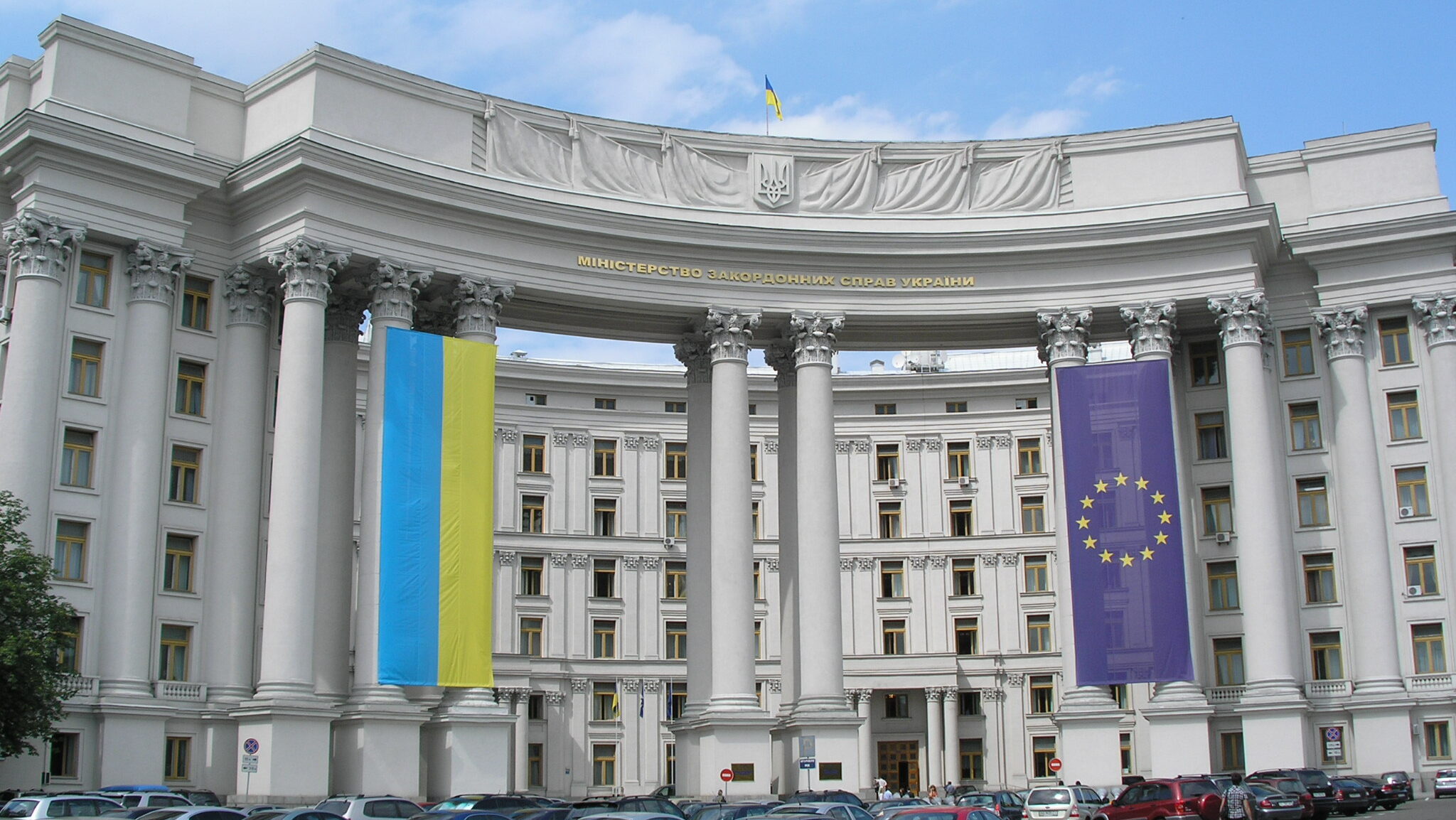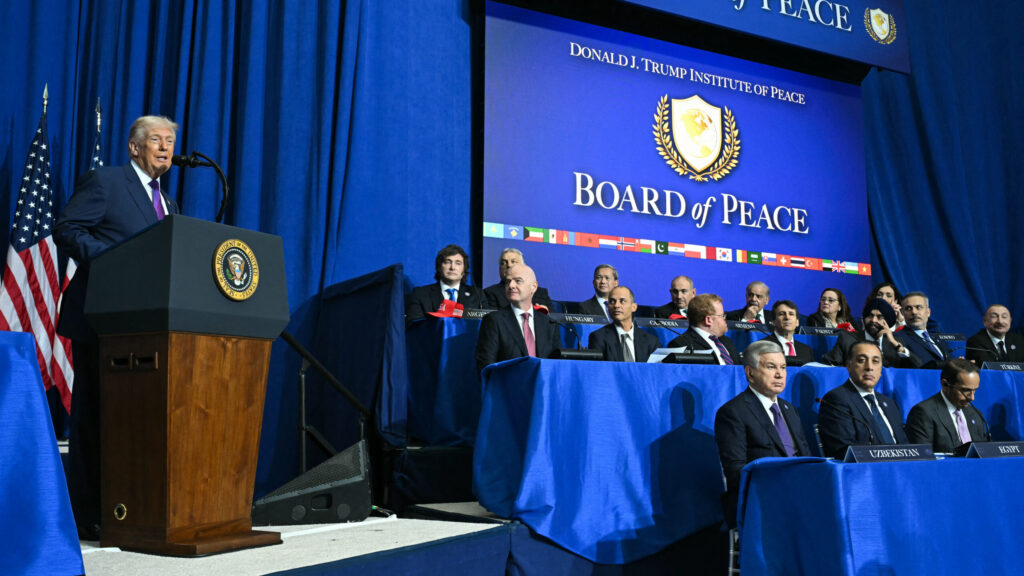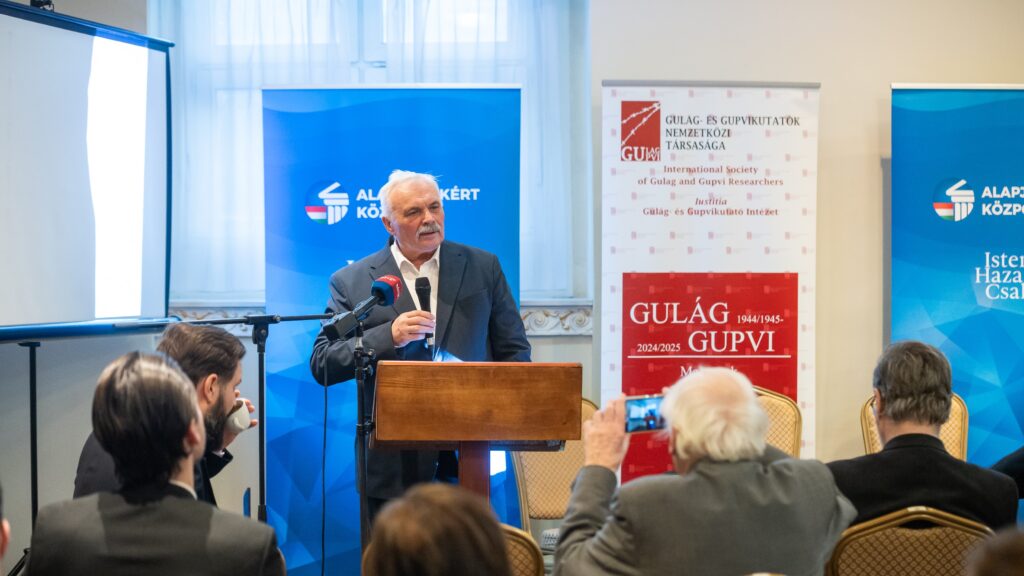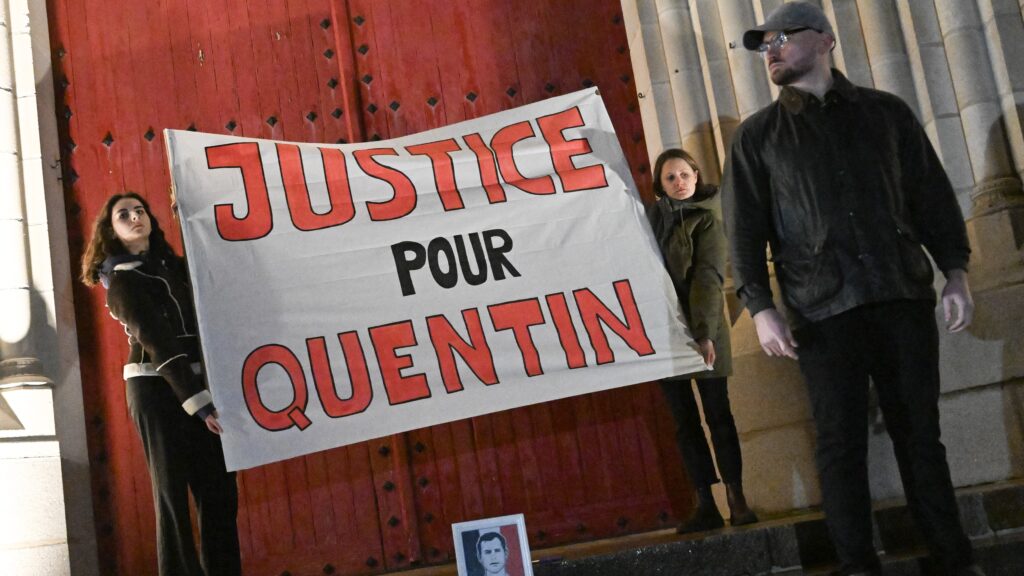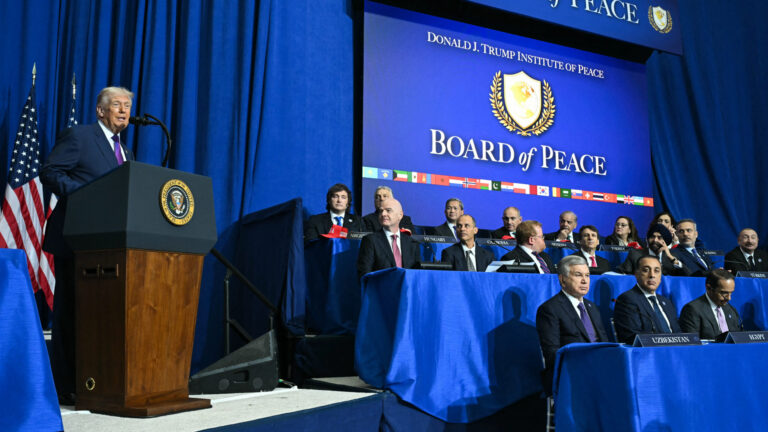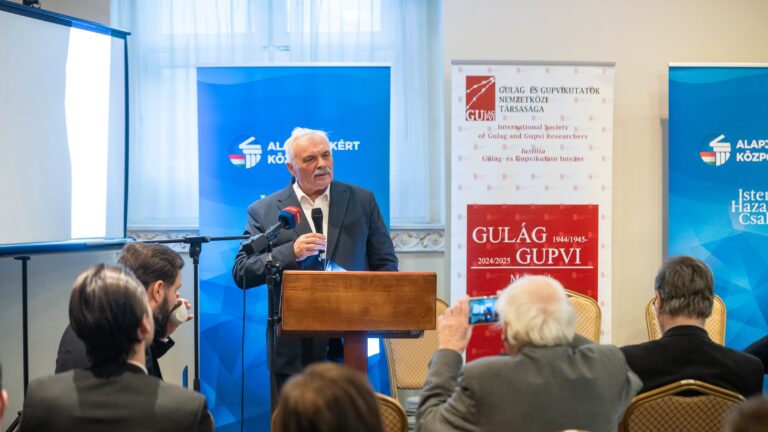Kyiv has summoned Hungarian Ambassador to Ukraine Antal Hejzer in response to what it described as ‘unfriendly statements by Budapest’. According to Ukrainska Pravda, Ukrainian Deputy Foreign Minister Oleksandr Mishchenko asserted that it is clear to Kyiv that Hungary’s ruling political forces are attempting to draw Ukraine into their domestic political struggles, referring to a multilevel advertising campaign opposing Kyiv’s accession to the European Union.
‘Now all these clumsy techniques to create an image of an enemy out of Ukraine, which is fighting a real enemy of the whole of Europe and the civilised world, look simply pathetic and offensive, first and foremost to the Hungarian people, who, unlike biased politicians, are truly a European nation. Through the volunteer movement, they help the Ukrainian people in every way they can to defeat the Russian enemy and prevent the return of Russian occupiers to the streets of Budapest,’ the Ukrainian Foreign Ministry stated in a communiqué.
Relations at a Historical Low
Hungarian–Ukrainian relations have hit rock bottom in recent months, as Hungary remains the only EU member state blocking Kyiv’s fast-track EU bid. Hungarian Prime Minister Viktor Orbán had vowed to veto every European Council conclusion regarding Ukraine and last week delivered on that promise by refusing to endorse the formal opening of accession negotiations between Brussels and Kyiv.
The Hungarian government opposes Kyiv’s fast-track accession primarily for economic reasons, arguing that admitting Ukraine would fundamentally restructure the EU’s system of subsidies. Such a shift would affect agricultural and regional funding, potentially making Hungary a net contributor to the EU budget.
Speaking to Euronews last week, Political Director to the Hungarian Prime Minister Balázs Orbán emphasized that beyond the significant negative economic consequences, ‘integrating Ukraine into the European Union means we integrate confrontation with Russia, which shouldn’t be the case.’ He added that it would be a mistake to proceed with the integration process without first resolving the war.
Hungary recently concluded a public vote initiated by the government on Ukraine’s EU accession. According to official data, more than 2.2 million people participated, with 95 per cent opposing Kyiv’s admission to the European Union.
During last week’s NATO summit, Orbán and Ukrainian President Volodymyr Zelenskyy clashed on social media after Zelenskyy asserted that it was unfair for a single member state to block the EU’s decision on Ukraine’s accession. Orbán reiterated that the European Union was founded to bring peace and prosperity to its member states. ‘Accepting a country that is at war with Russia would immediately drag the EU into a direct conflict,’ Orbán warned. He added that ‘it is unfair to expect any member state to take this risk.’
Mounting Pressure
Ukraine’s accession has also become a central issue in Hungary’s ongoing electoral campaign for the 2026 parliamentary elections. The vote is seen as historically significant, as for the first time in 15 years the governing Fidesz–KDNP coalition faces a serious challenge, with most polls putting political newcomer Péter Magyar’s Respect and Freedom (Tisza) party ahead of Orbán. Tisza MEPs sit with the European People’s Party (EPP) in the European Parliament—Manfred Weber’s alliance, which is among the strongest supporters of Ukraine’s fast-track accession. Magyar and senior officials from his party reportedly have connections with Ukrainian intelligence, as revealed during a spy scandal between the two countries earlier this year.
The current summoning of the Hungarian ambassador relates to a recently launched advertising campaign by the National Resistance Movement, which portrays Péter Magyar as the ‘Hungarian Zelenskyy’, depicting both politicians as puppets of Brussels. Ukrainian Foreign Ministry spokesman Georgiy Tykhy described the campaign as ‘stupid, boring, and unconvincing’.
Reacting to Ukraine’s statements, Hungarian Minister of Foreign Affairs and Trade Péter Szijjártó said that Kyiv’s response ‘clearly shows that Ukrainians are disappointed because Hungarians have said no to Ukraine’s EU membership.’ ‘We understand this disappointment, but it is not up to Ukrainians to tell Hungarians what they should think and do,’ he added.
During a briefing on Thursday with European Commission President Ursula von der Leyen, European Council President António Costa, and Danish Prime Minister Mette Frederiksen—whose country currently holds the EU Council presidency—Zelenskyy insisted that ‘no single country will be able to stop Ukraine’s future membership.’ Danish EU Affairs Minister Marie Bjerre recently declared that Denmark would exert ‘maximum pressure’ on Hungary to lift its veto during the six months of its presidency.
Related articles:

